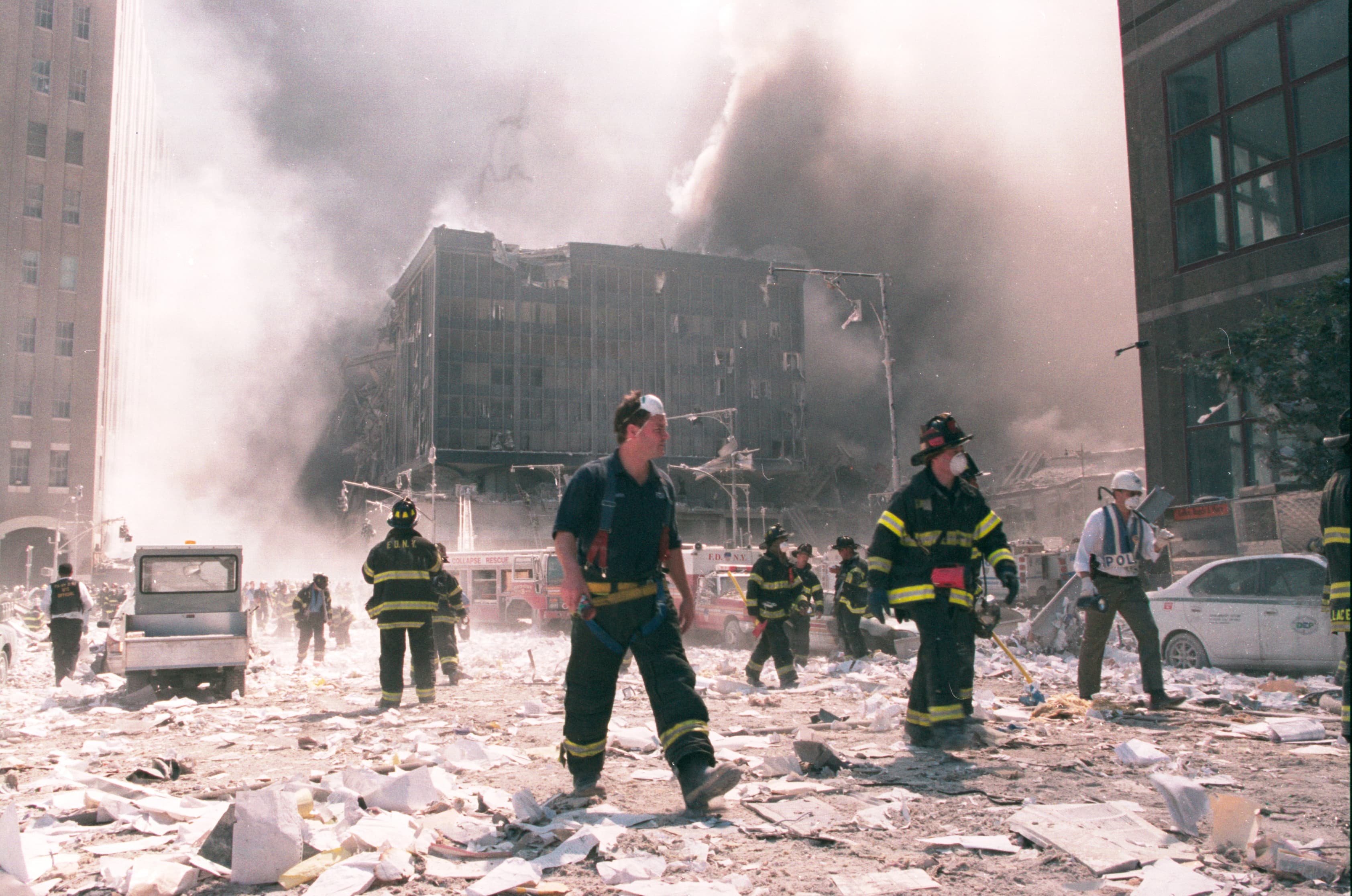Impacts of 9/11 Continue 19 Years On

INTRO: On September 11, 2001, at 8:45 a.m. a plane crashed into the World Trade Center in New York City. The impact left a burning hole near the 80th floor of the 110-story skyscraper, instantly killing hundreds of people and trapping more more in higher floors. As the evacuation got underway, cameras broadcast images of what initially appeared to be a freak accident. Then, 18 minutes after the first plane hit, a second plane hurled into the south tower near the 60th floor. Shortly after, a third plane hit the Pentagon just outside Washington and the fourth plane crashed in a field in Pennsylvania.
Almost 3000 people were killed and thousands more injured in the terrorist act claimed by the Islamic extremist group Al-Qaeda. 9/11 changed the dynamics of foreign policy, international politics and counter-terrorism efforts forever. To discuss these impacts, The Daily was joined now by Professor Greg Barton, Counter Terrorism Expert at Deakin University.
